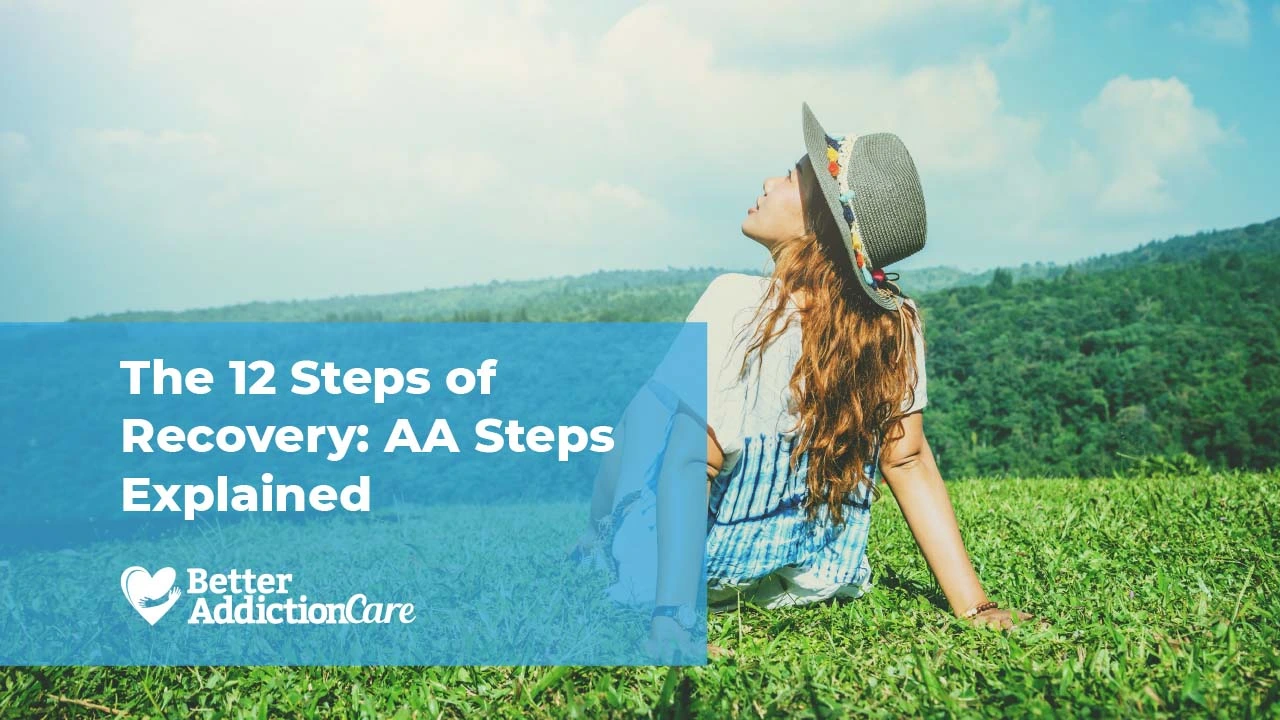Alcoholism Recovery Rate
Before entering any type of addiction recovery program, clients struggling with alcohol want to know what the success rate for their experience might be. How many people are getting the help they need? How many people are still clean and sober six months or even a year later? Pinning down the alcoholism treatment success rates can be a challenge, as there are a wide range of factors that influence continued sobriety.
According to the 2001-02 National Epidemiologic Survey on Alcohol and Related Conditions, more than 30 percent of people who had struggled with alcohol in the previous year were considered to be in full recovery. While this survey is filled with information on alcoholism, recovery, and abstinence from alcohol, it’s important to note that finding a definitive alcohol rehab success rate isn’t always easy. In addition to the struggle to document recovery in patients, it can be difficult to define true recovery. Some patients completely walk away from alcohol, while others feel they can consume in moderation, only to return to having a problem in a short amount of time.
Research does suggest that there are several factors that play a huge role in alcoholism recovery rates. A study done by Yale suggests that a brain scan can help determine which individuals are going to be more likely to relapse. However, there are multiple ways in which a person and their loved ones can create an environment primed for successful addiction treatment. They include things like:
- Avoiding alcohol completely
- Avoiding an environment where alcohol is accessible
- Avoiding stress when possible.
It can be tough to meet these requirements alone. That’s why one of the biggest positive contributors to alcoholism treatment success rates is the continued support of family and friends. From going to addiction counseling with a loved one to just offering to help them avoid situations that could result in overwhelming temptation, it’s important that an alcoholic have a support system in place once treatment is complete. This is true for clients in both inpatient and outpatient programs. Regardless of the treatment center you choose, it’s important to get help now.
If you want to maximize your odds of raising the alcoholism recovery rates, it’s time to seek out a customized treatment plan that will give you the skills you need to walk away from alcohol. Treatment programs, including alternative rehab programs, strive to give clients the coping skills needed to maintain their sobriety once they make their way home.
There are multiple ways to support a recovering alcoholic. However, if you have concerns about what will happen once treatment is complete and don’t have a system in place, BetterAddictionCare can help. We can create a recovery team near you that can help you manage the transition back into your life.
Our nationwide recovery network makes it possible to help our clients increase their alcohol rehab success rate with continued support. Call today to speak with a counselor about how we can help you find the right treatment and get support in the future. An individualized plan in a cost-effective program can give you the tools necessary to achieve complete recovery.








